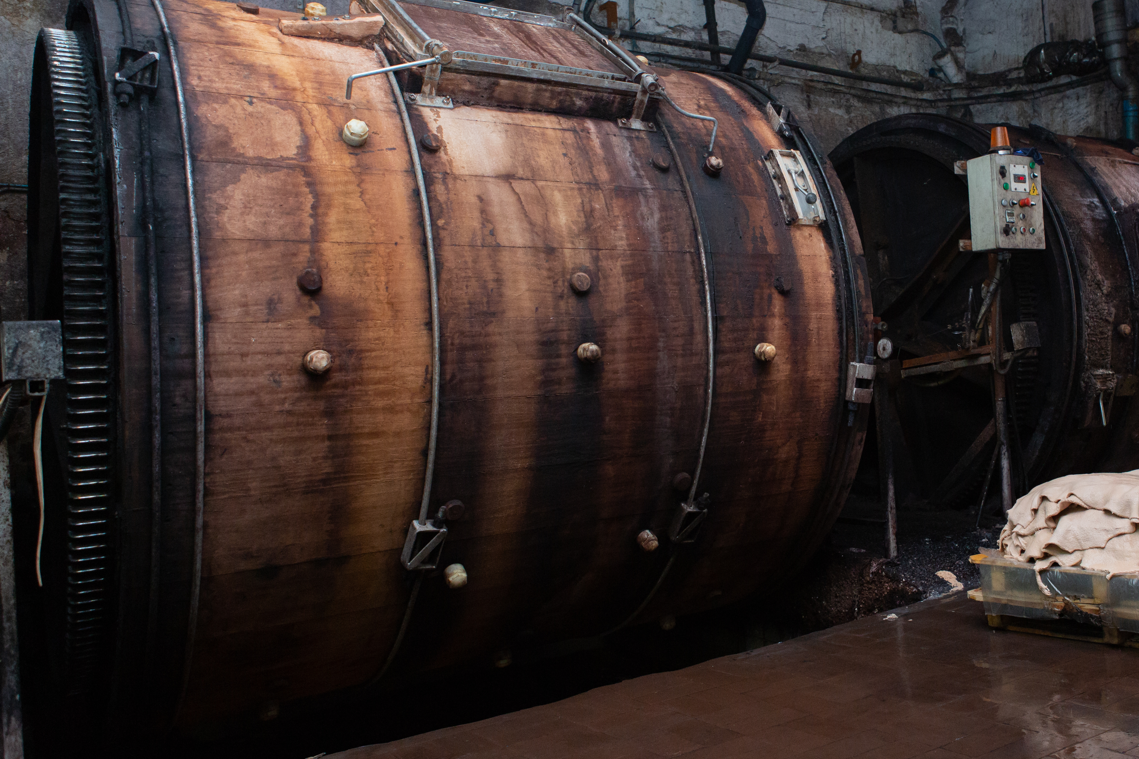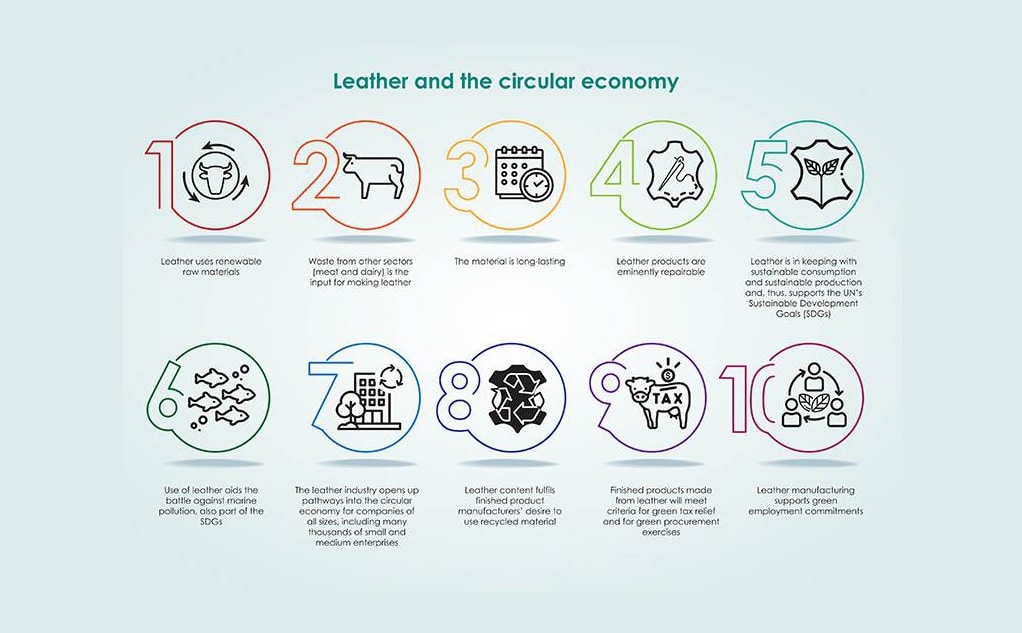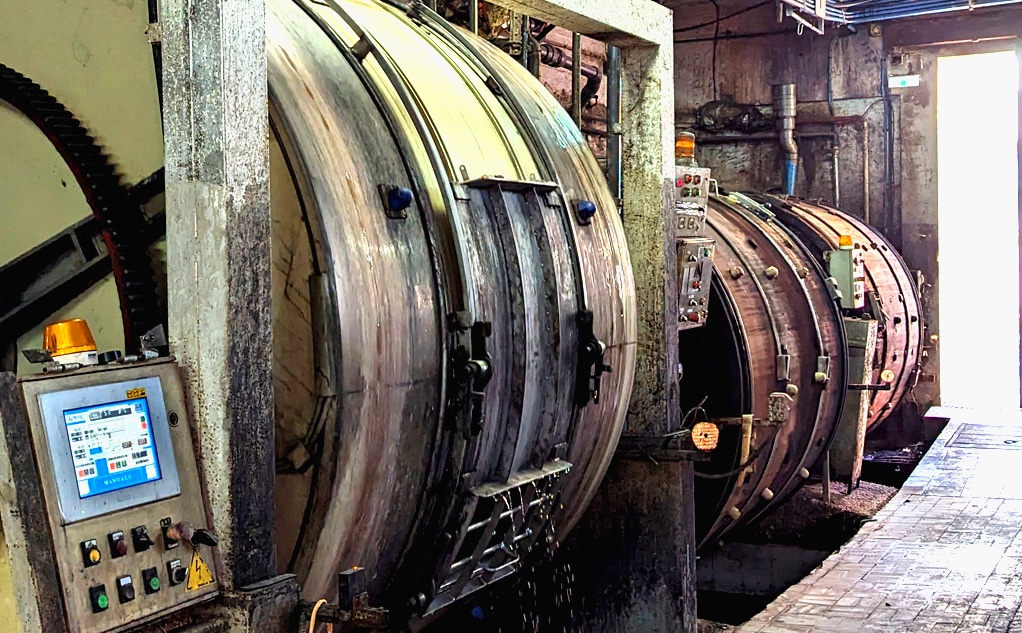
Leather
EU leather and footwear industry demands improvements to legislative framework
17 / 06 / 2024
Original content by: Lederpiel
The European Platform of Chemical Manufacturing Industries (CheMI) has signed a letter demanding regulatory improvements for the legislative framework for chemicals in the European Union. CheMI represents more than 300,000 European companies, 14 industry associations (including the European Footwear Confederation (CEC) and the Confederation of National Associations of Tanners of the European Community (Cotance)), 3 million employees and a turnover of 500 billion euros. The letter focuses on four main demands:
- Consider the impact on downstream users when regulating chemicals. This can be achieved by conducting comprehensive impact assessments that include the entire value chain and establishing viable transition periods so that companies can anticipate and implement changes.
- Improve market surveillance to develop competition. All chemicals imported into the EU must comply with current legislation and, therefore, strengthened surveillance is necessary to achieve a level playing field.
- The competitiveness of European companies must be a priority.
- Promote better regulation. Duplicate and overlapping requirements, as well as complex regulations, should be avoided to alleviate unnecessary burdens on businesses.
Likewise, CheMI calls for including all stakeholders in the value chain in the development of impact assessments on new legislation or in the preparation of secondary legislation and guidance for law enforcement.
TCLF industries sign industrial agreement for the EU
Representatives of the European textile, clothing, leather and footwear (TCLF) industries have called on European Union policymakers to commit to protecting their sectors and the quality of the jobs they generate. To protect this industrial network from problems such as global competition, energy prices, increased legislation or the aging of its workforce, the interlocutors of these sectors have signed an industrial agreement with seven main demands:
- Ensure a just transition while protecting jobs.
- Develop a recycling and training program for workers that guarantees qualified professionals and attracts new generations.
- Promote social dialogue and participation with social partners.
- Ensure a sensible, stable and coherent regulatory environment for European industries, improving single market regulations and continuing to maintain competitiveness.
- Access to energy and raw materials.
- Free and fair trade to ensure equal conditions.
- Increase in demand for organic products in the EU.
You can access the original post HERE and HERE
Continuar leyendo
Newsletter
Suscríbase a nuestra Newsletter y recibirá información sobre todo lo que nos inspira, las principales noticias, tendencias y mucho más.





















